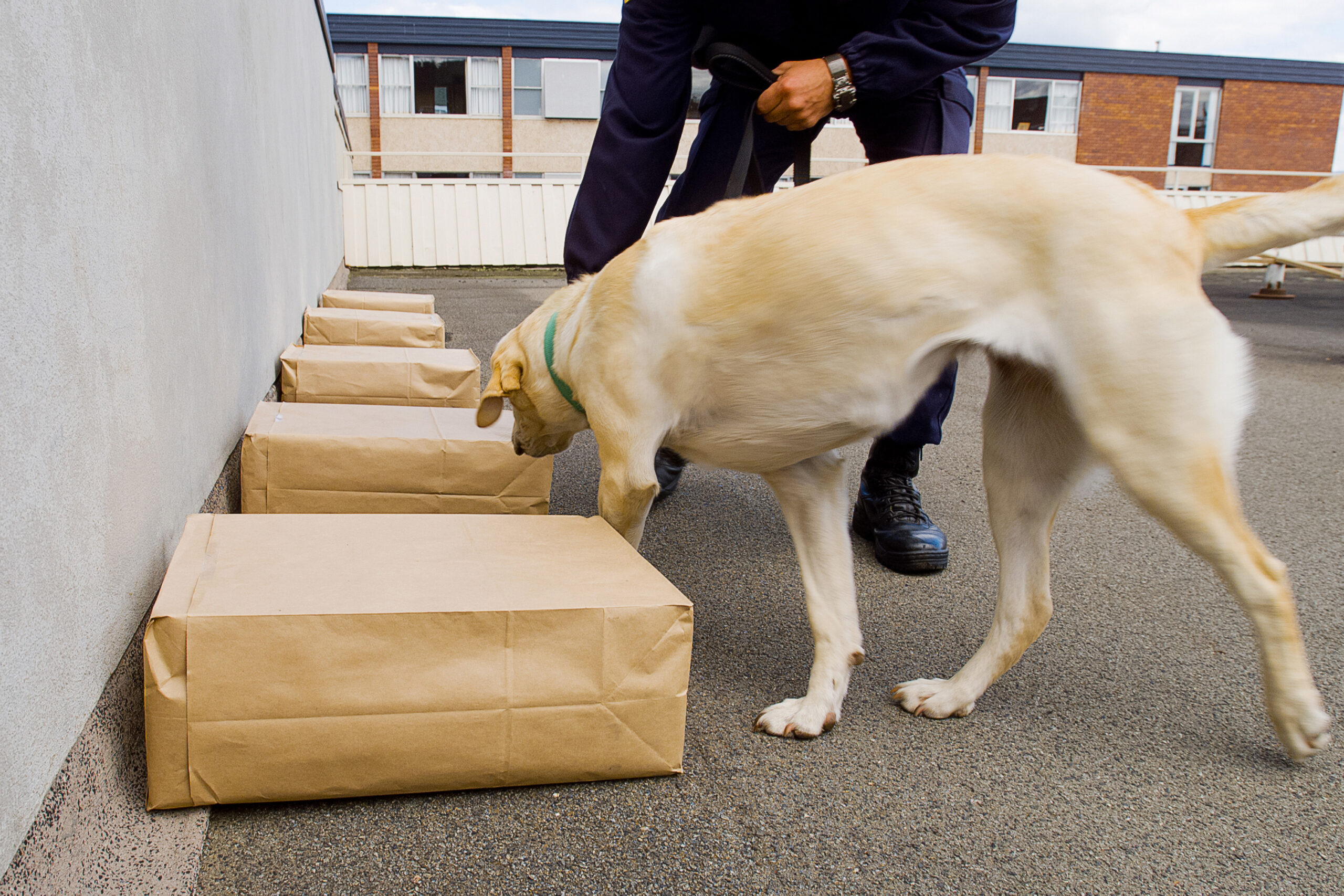As researchers race to develop and test a vaccine or effective treatment for COVID-19 infection, the need for more accurate and accessible testing continues. A saliva test is currently being developed in addition to the currently available and rather uncomfortable swab testing. In Germany, dogs have been trained to sniff out coronavirus with remarkable accuracy.
Researchers at the University of Veterinary Medicine Hannover recently trained eight dogs within one week to detect COVID-19 in saliva with a 94 percent success rate. It is believed that infected patients undergo a metabolic change that can be detected by the sensitive noses of dogs that are frequently used to sniff out drugs and explosives as well as malaria and some cancers.
The use of dogs to screen for coronavirus, especially among large groups of people, is exciting news in the fight to reopen businesses, schools, and places of worship. There is, however, one unfortunate caveat: the dogs are able to contract the virus from humans. More research into how easily or often dogs can become infected with COVID-19 is needed and it is a concern that if the virus is transmitted back and forth between humans and animals, the risk of it mutating increases. There is a chance that a mutation in the virus could make it more dangerous to people.
Although animals are not believed to play a significant role in the spread of the novel coronavirus, there have been cases of infection in animals and cats may be more susceptible, according to the World Health Organization. More must be learned about infection among animals before dogs could be safely employed to screen people for COVID-19. The study of virus sniffing dogs is not limited to Germany, similar research is underway in the United States, the U.K., and Chile.
Learn more about recent advances in screening for COVID-19 by following this link to a detailed article in USA Today.






Add Your Voice
0 Comments
Join the Discussion